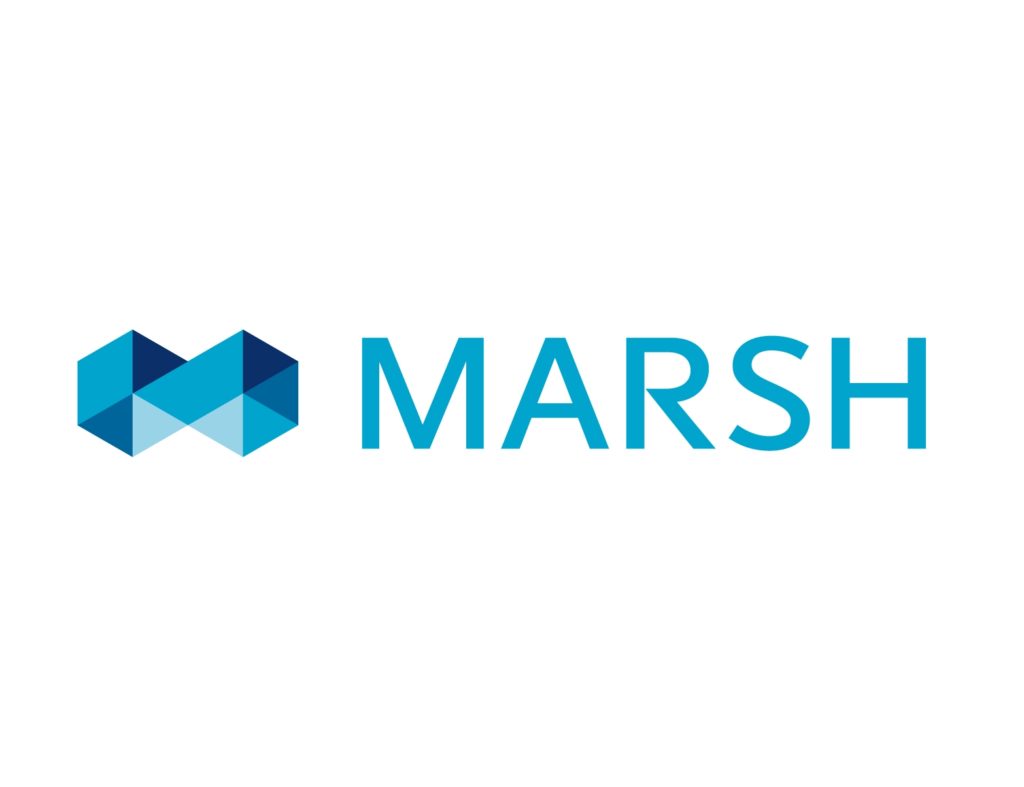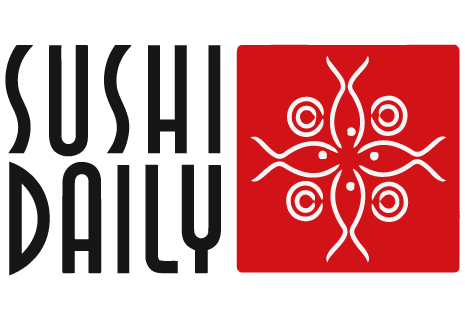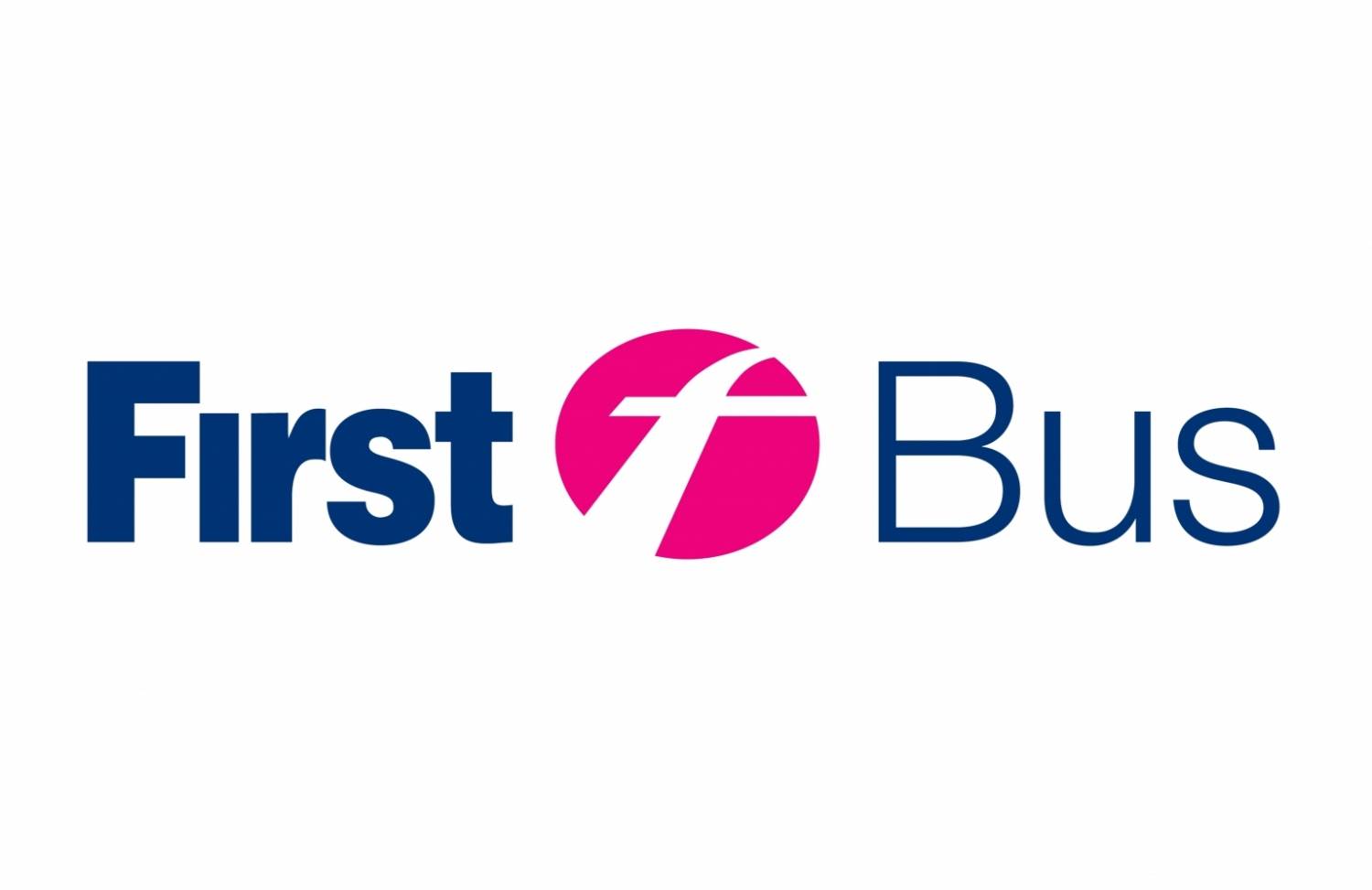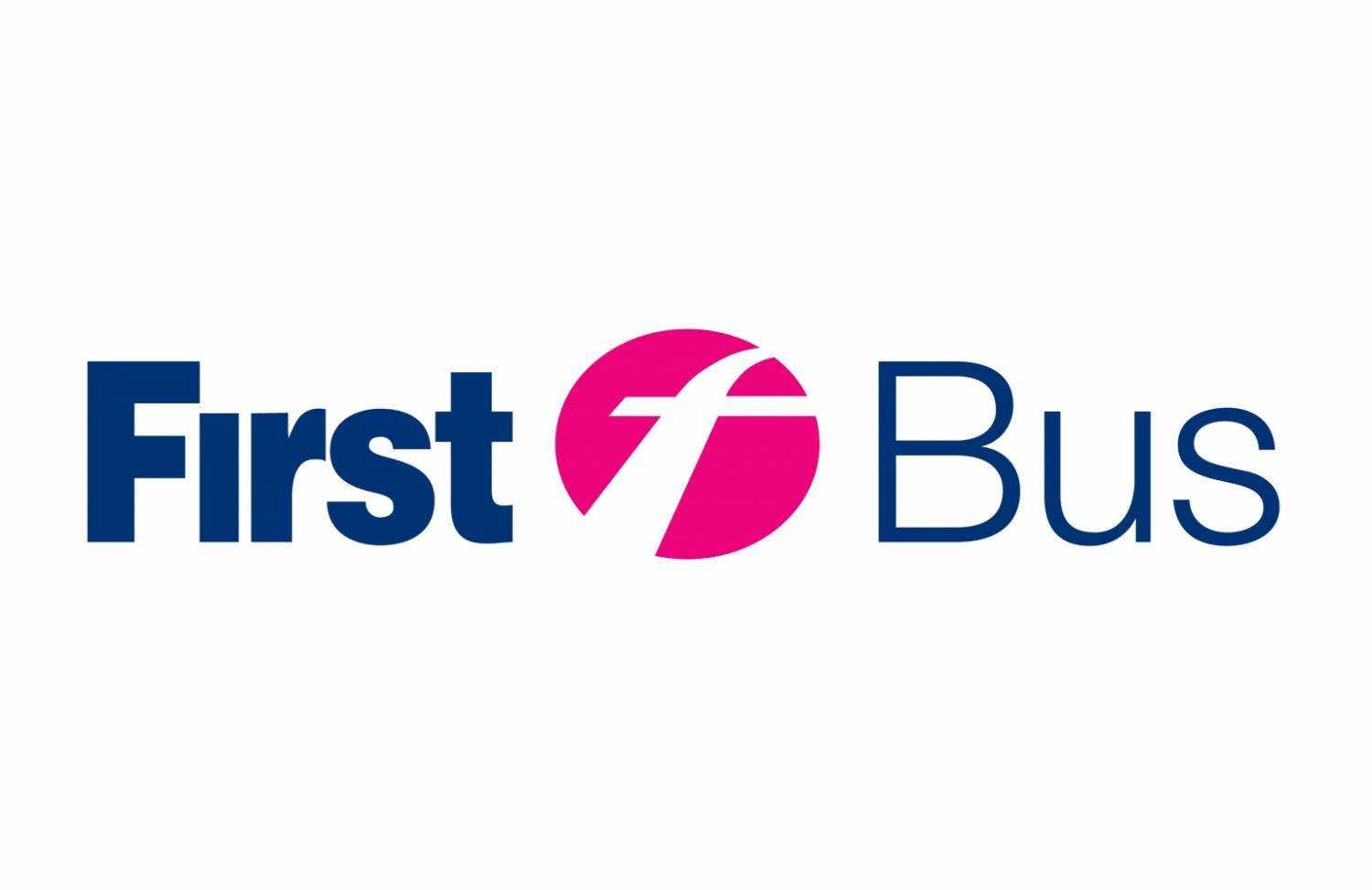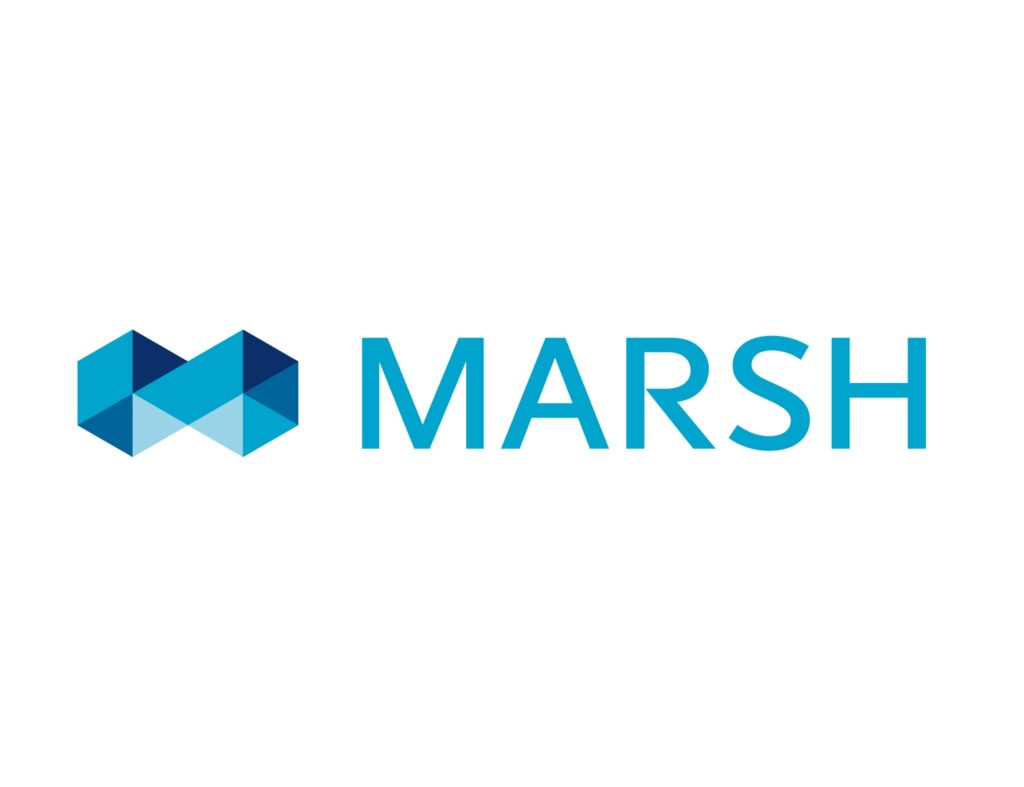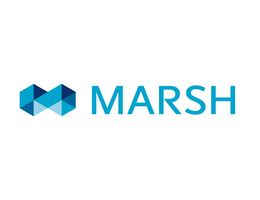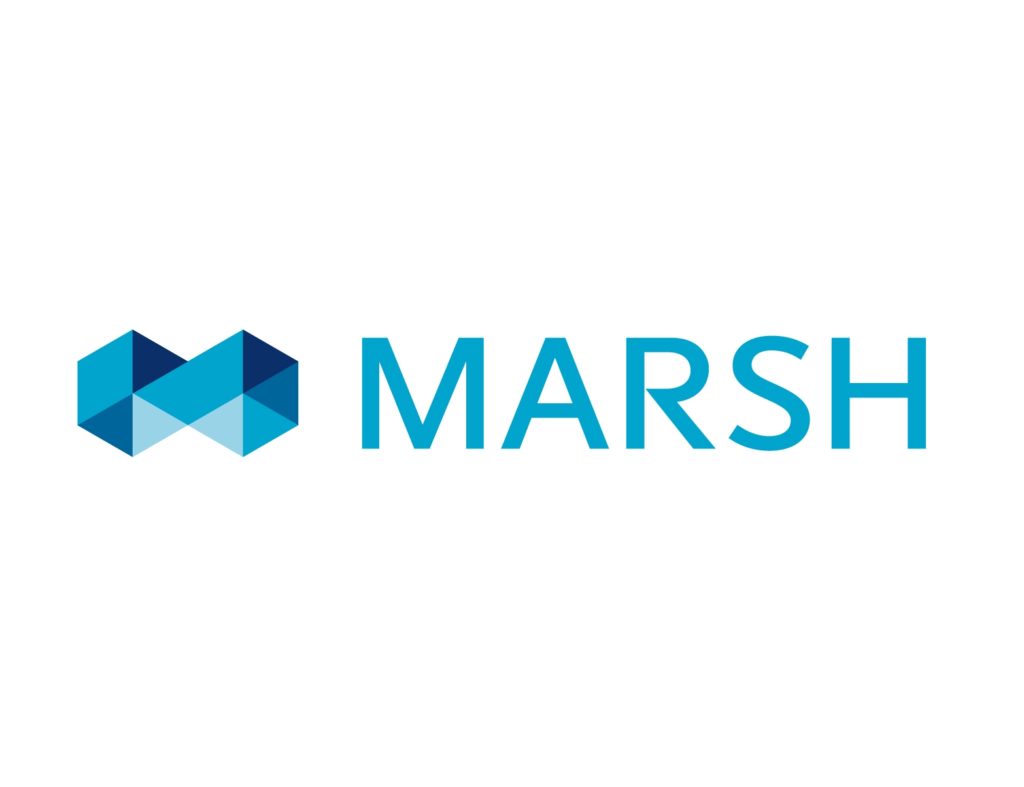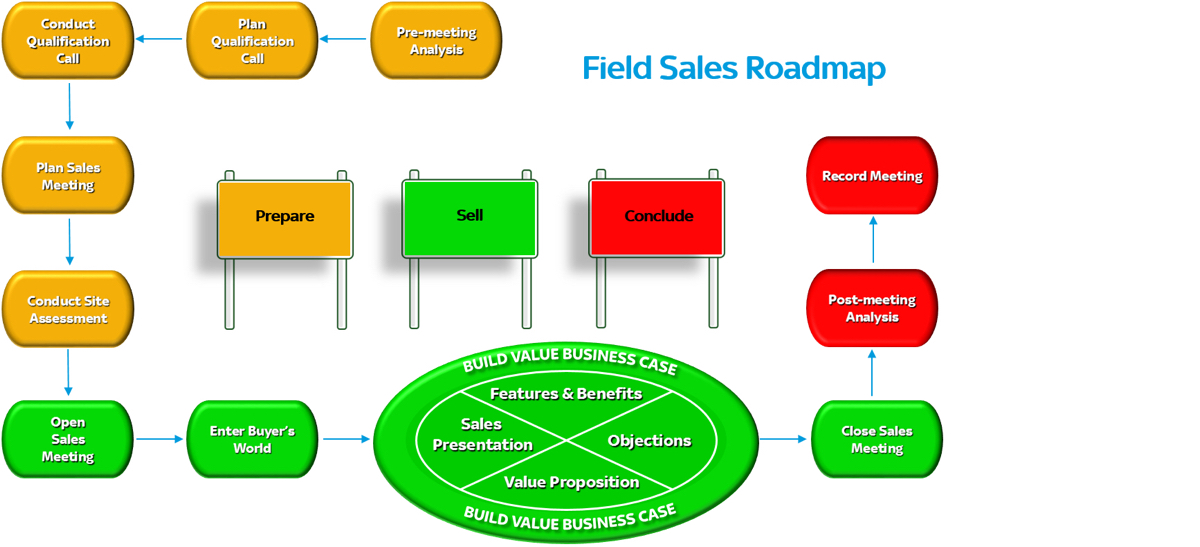Title Page
-
Conducted on
-
Prepared by
-
Audit Location
-
undefined
-
Date and Time
-
Opco
-
undefined
-
Audit reference number
-
undefined
-
Auditors Name
-
Auditees
Scope
-
The minimum scope of internal environmental audit is agreed and consistent across OpCos for each business year to ensure trends in Bus Division limiting performance are reviewed via the auditing process.
The mandatory audit sections were:
- Environmental Leadership and Support - lead from the top and resourced;
- Operational Controls - procedures in normal and emergency conditions;
- Resource Management - water, gas, electric consumption; and
- Legal Record Keeping - waste duty of care, permits and consents. (Sample checks)
Areas looked at included main office areas, engineering workshops, wash areas, waste areas and storage areas.
Executive Summary
-
Executive Summary
Audit Findings & Action Required
-
Detail, who, what, when
-
Opportunity for Improvement
-
Add media
Best Practice
-
Best Practice
-
Add media
Audit Close Out
-
Whilst the audit may only review one site or system, the OpCo is expected to review all sites against all non-conformances within this audit report and provide evidence they have been closed out. The depot corrective action register must be used to record non-conformances identified. It is the responsibility of the senior leadership team to ensure audit close-out is achieved.
-
undefined
-
Definitions
Non-Conformance (NC) - The non-fulfilment of a requirement in terms of environmental management. This requirement is likely to have been defined in First Bus Policy, First Bus EMS, other internal environmental plans and/or legal requirements.
Major Non-Conformance (NC) - The non-fulfilment of a requirement which is legally required and/or presents an unacceptable risk/condition to the environment.
Opportunity for improvement - A recommendation to improve the effectiveness of a procedure, process, site condition or management tool.
Best Practice - Recognised procedure, process, site condition or management tool which is highly effective and should be shared within the organisation.






